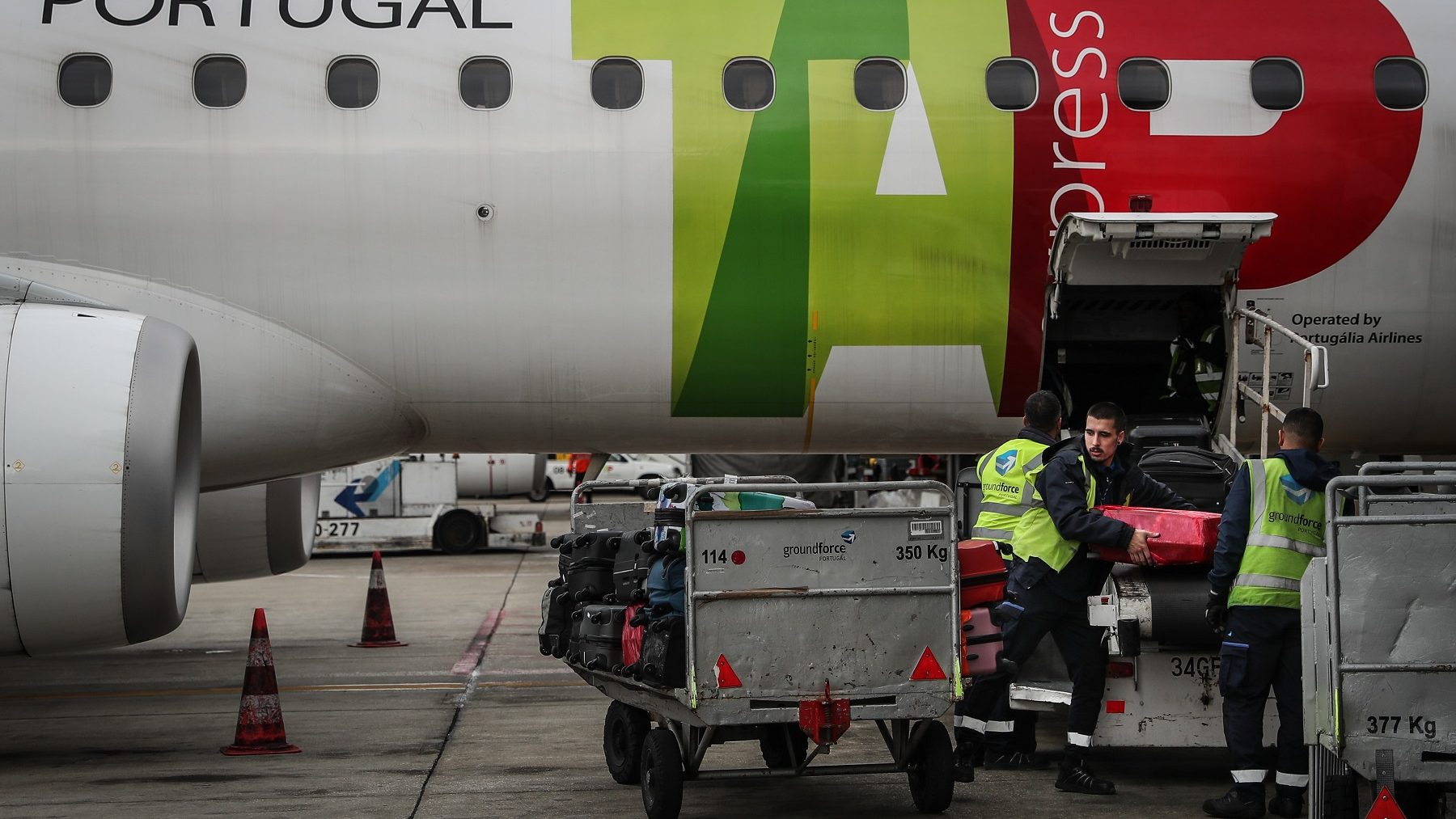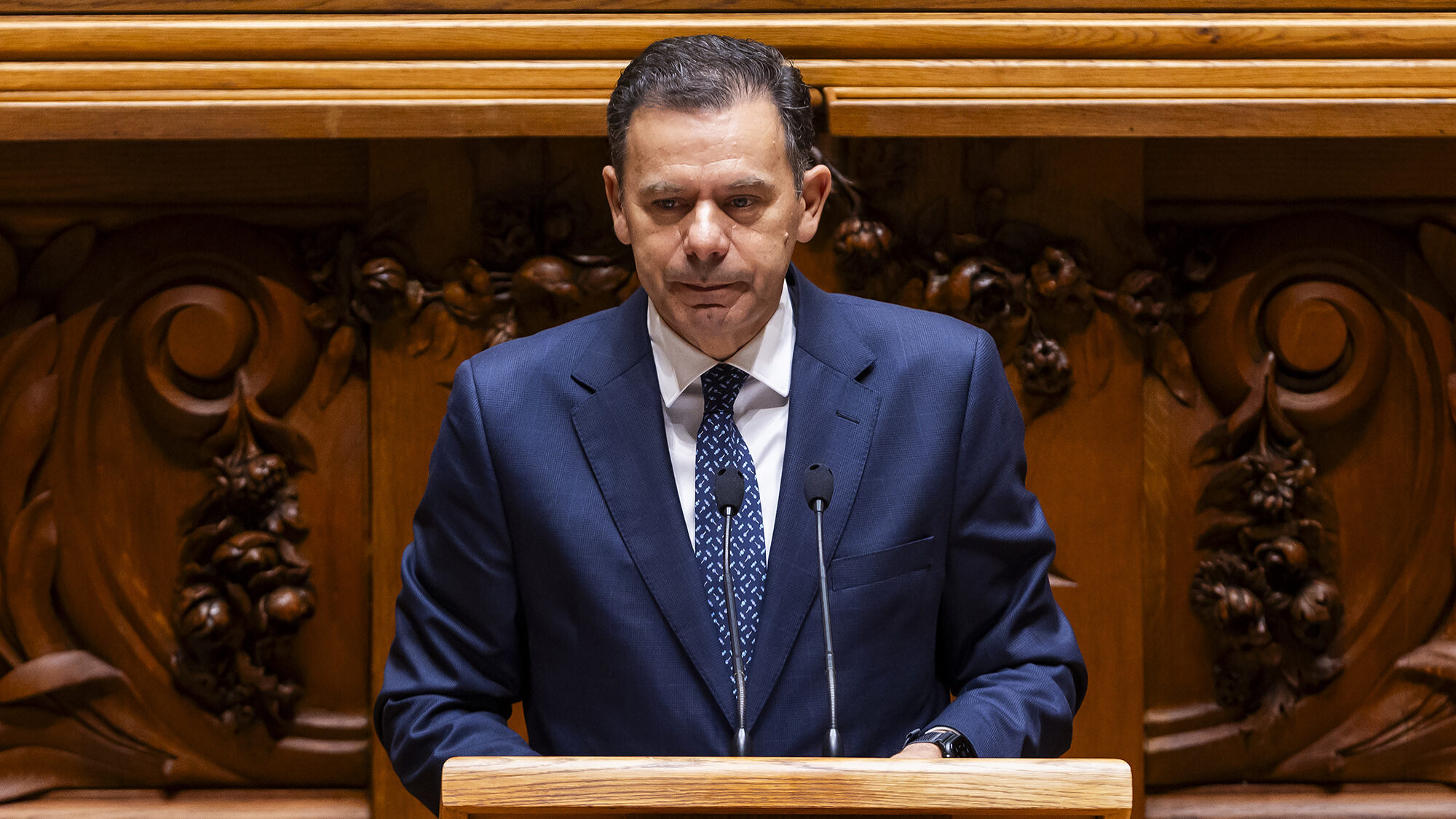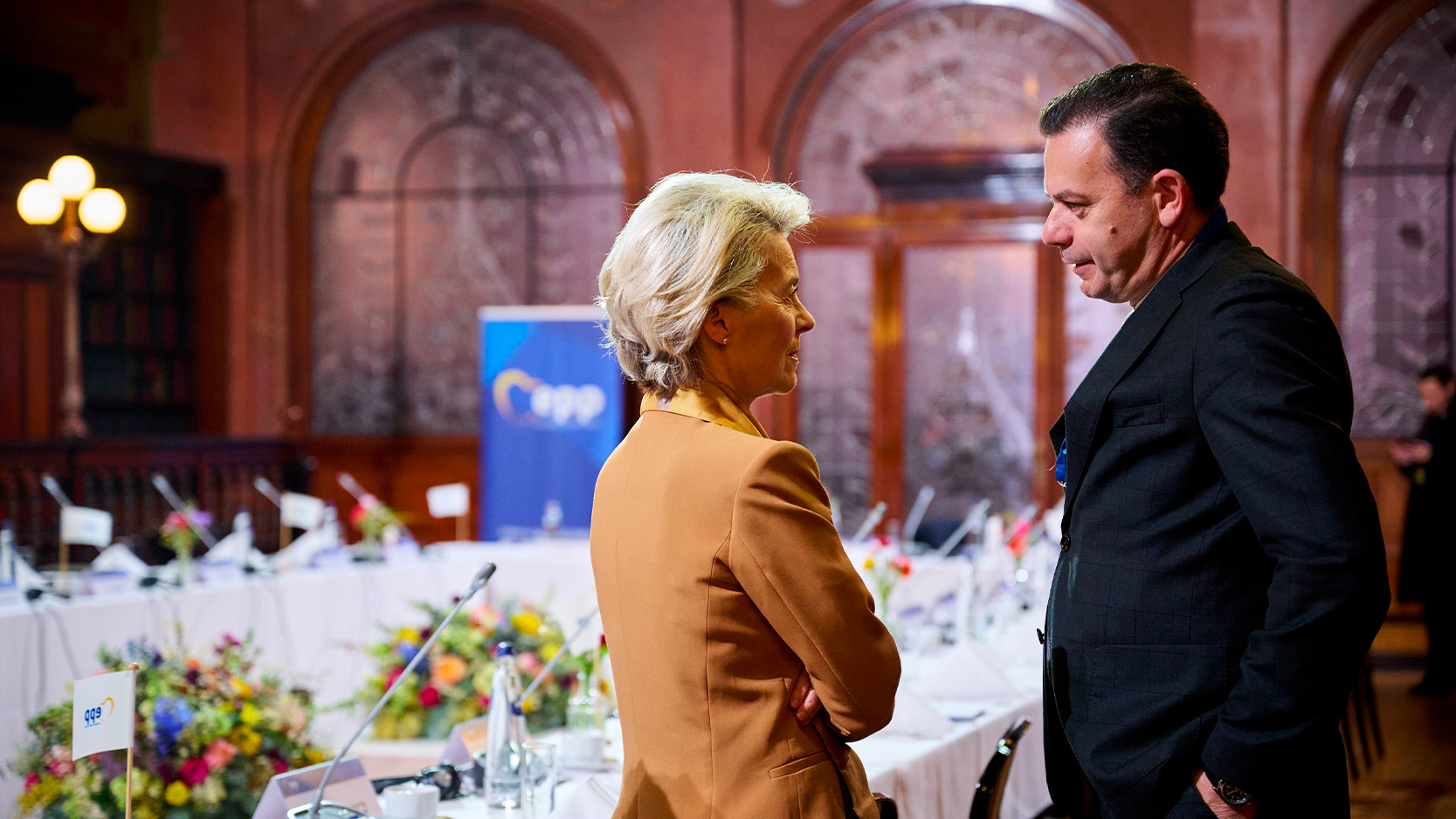Textile association takes action in Brussels to put an end to “de minimis” and the European System of Preferences
"We've tried everything through diplomacy and we'll continue to do so. But we thought that an action in Brussels would raise awareness in the European Parliament", César Araújo, from Anivec, told ECO.
Anivec is taking action in Brussels to put an end to de minimis and the European Generalised System of Preferences (GSP) and demand reciprocity in trade. It also wants ‘all economic agents who have dealings with Europe to pay customs duties and VAT’, César Araújo told ECO.
“We want to put an end to de minimis and the GSP and demand reciprocity. ‘All products entering Europe have to have a customs check, they have to pay VAT and they have to pay customs duty, because they are creating a lot of pressure on the industry”, explained the president of Anivec, on the sidelines of the first Conversas com Fomento, of which ECO was a media partner.
The minimis is the mechanism created in Europe to allow goods under 150 euros to enter Europe without paying customs duties or VAT, he explained. GSP, on the other hand, is the system that “allows more than 71 countries to export to Europe without any kind of customs duty or control”, he criticised.
César Araújo emphasises the fact that the world economy is going through “enormous uncertainty” which, in his opinion, “had to happen” because “the world is out of balance” with “countries that only want to sell and others that are buying a lot and facing great difficulties”. “There has to be reciprocity”, he says.
“We’ve tried everything through diplomacy and we’ll continue to do so. But we thought that an action in Brussels would help to raise awareness in the European Parliament”, he explained.
“We have tried everything through diplomacy and we will continue to do so. But we thought that action in Brussels would raise the awareness of the European Parliament”, he explained.
César Araújo rejects accusations that European industry is uncompetitive. “That’s not true. We’re not competitive because Europe is allowing third countries to bring goods into Europe without any traceability and without any payment of customs duties or VAT”, he says. “What’s more”, he adds, “our currency is being exported to these countries, which means that today our inflation pressure is caused not only by price rises, but [also] by the relocation of our monetary resources.”



